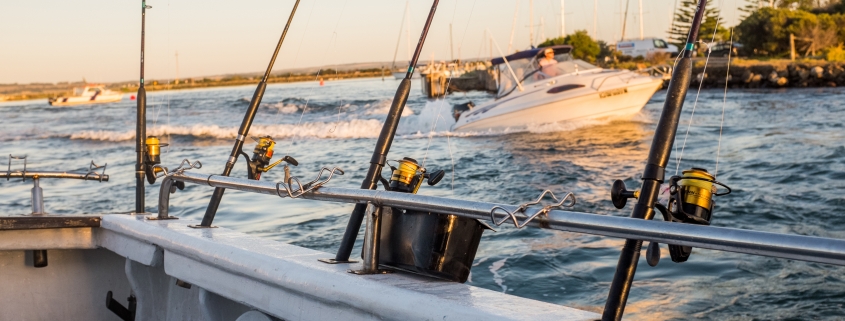Recreational fishers report signs of a changing climate
New research has revealed two out of three recreational fishers perceive climate change to be real and have noticed changes in the types and distributions of fish species over time as they regularly venture out in marine waters.
A team of researchers assessed fisher demographics and fishing behaviour in a boat-based recreational fishery in Western Australia where fishing occurs in both temperate and tropical waters.
Published in ICES Journal of Marine Science, the study found recreational fishers associated changes in species type and distribution with climate change, with more than half attributing climate change to human activity. This recognition was higher amongst metropolitan residents, females and younger respondents.
Lead researcher Karina Ryan from the WA Department of Primary Industries and Regional Development, said recreational fishers were well positioned to notice changes to the marine environment over time.
“Fishers are aware of the potential impacts of climate change on fishing experiences through reduced catches of usual species or interactions with transitional species,” Ms Ryan said.
“Their contributions to long-term citizen science programs can provide information across the spatial and temporal time scales required to observe climate change. Adaptive responses can then be proposed to mitigate the effects of climate change and build resilience for the recreational sector.”
Co-author Dr Jenny Shaw from the Western Australian Marine Science Institution, said the study provided a useful baseline to assist in informing future research as well as policy changes that might be required to address climate change impacts.

